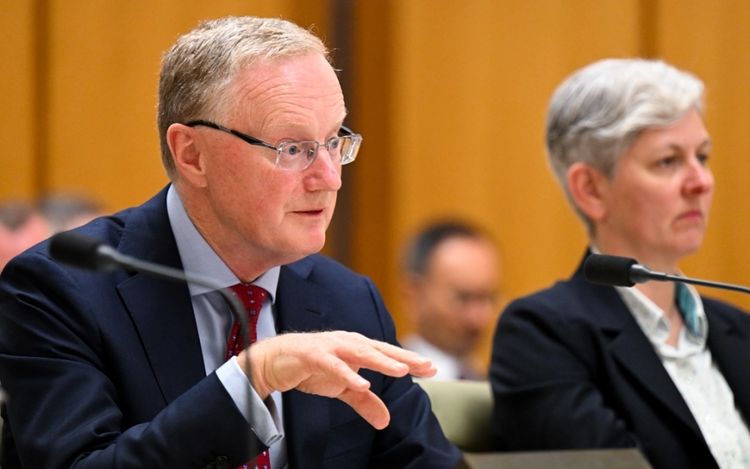RBA mulls another interest rate hike at July meeting

The Central Bank is ready for another crucial interest rates decision on Tuesday, with major predictors anticipating an increase due to concerns that the effort to combat inflation is progressing inadequately.

Based on the preferences of central bankers, the target for the cash rate will either remain at 4.1 per cent or increase to a record high of 4.35 per cent. This would further burden households with additional pressure.
Increasing the interest rate by an additional 0.25 percentage points would result in an extra $78 added to the monthly payments of a regular $500,000, 25-year mortgage. This would further accumulate on top of the $1200 that has already been added since the commencement of rate hikes in the previous year.
According to Roy Morgan, this could potentially burden numerous additional households with financial strain related to their mortgages. Moreover, this could elevate the likelihood of a forthcoming recession towards the end of this year, as consumers face difficulty in their spending.
As major financial institutions persist in transferring elevated rates to their clients, Commonwealth Bank and Westpac have increased their variable rates by as much as 0.15 percentage points towards the end of June. This move follows prior hikes earlier in the month by the same banks, subsequent to the rate increase implemented by the Reserve Bank of Australia (RBA).
The main goal is to control the extreme rise in prices, even though it is decreasing, it is not decreasing quickly enough to calm the concerns of the Reserve Bank of Australia that increasing wages and poor efficiency may hinder their objectives.
These identical worries led to an unexpected increase in mortgage bills last month, causing economists to adjust their predictions for the highest point of interest rates set by the RBA. This adjustment also suggests that two more rate increases could be expected.
Currently, Westpac, ANZ, and NAB are all forecasting that the cash rate target will escalate to 4.6 percent by August. This suggests that central bankers will likely announce a rate hike on Tuesday.
The financial markets are factoring in interest rates at 4.3 percent by August, a figure that is lower than what most expert predictors anticipate.
However, according to Bill Evans, the chief economist at Westpac, the RBA believes that raising rates is crucial in order to achieve the desired level of inflation by the middle of 2025.
He foresees that these increases in interest rates will lead to a downturn in the economy on an individual basis in the years 2023 and 2024.
"We anticipate a decline in the GDP during the initial quarter of the upcoming year," he stated.
ANZ Bank's chief economist, Adelaide Timbrell, shared a similar perspective, stating that the continued robustness of the employment sector would incline the RBA towards raising interest rates.
According to Ms. Timbrell, it is highly probable that there will be a further rise in July.
The Flip Side Of The Argument
Nevertheless, the latest monthly inflation data released recently revealed a decline in inflation, with the rate of price increase hitting its lowest level since April 2022.
This could potentially result in the RBA considering a temporary halt in July.
However, due to the fact that inflation is still significantly higher than the central bank's desired range of 2 to 3 per cent, many analysts anticipate another increase in interest rates.
According to Belinda Allen, a senior economist at Commonwealth Bank, the meeting minutes from the Reserve Bank of Australia's June meeting indicate that the central bank will continue to be worried about the possibility of inflation risks increasing in July.
According to Ms. Allen, it was eventually the positive risks associated with the inflation forecast that led to the increase in June.
A potential interest rate hike by the Reserve Bank of Australia in July appears to have equal chances of happening and not happening. Furthermore, there is also a possibility of a rate increase at both the July and August meetings.
According to Alan Oster, the chief economist at NAB, predictions of higher rates have also caused a delay in the expected timeframe for reducing rates. It is now unlikely that rate cuts will occur before the latter part of 2024.
According to him, the cash rate is predicted to increase to 4.6 percent and it will likely stay in the restrictive zone until mid-2024. It is at that point when the RBA initiates a gradual return towards a neutral stance.
It is worth highlighting that approximately 75 basis points (bps) of interest rate increases enforced by the Reserve Bank of Australia (RBA) have yet to be reflected in mortgage repayments.









































